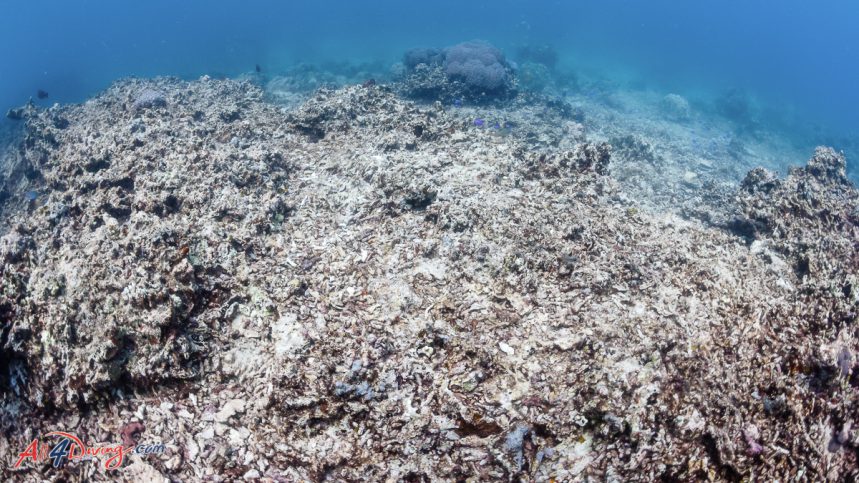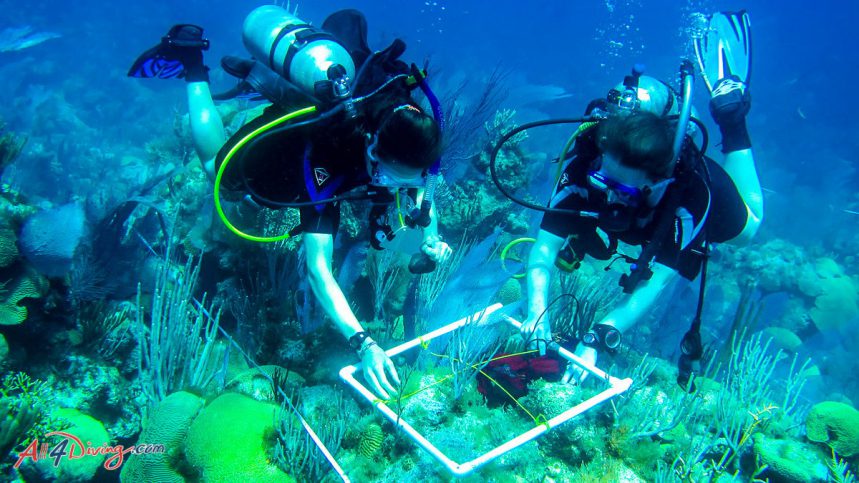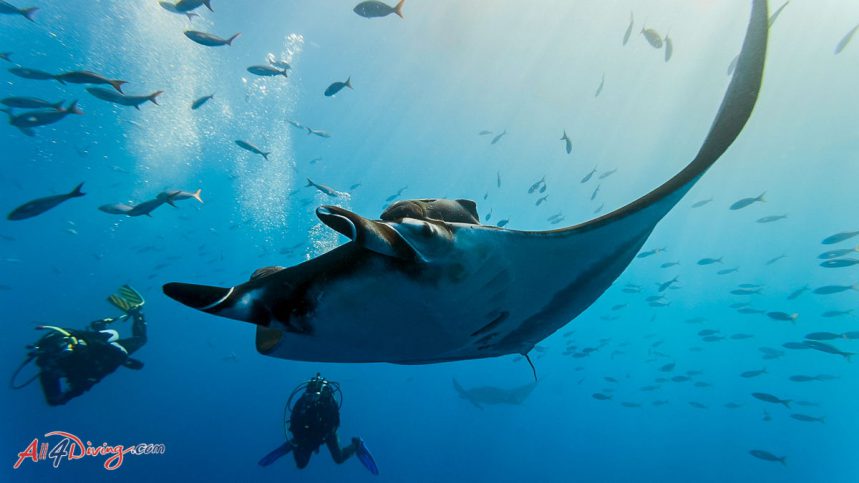As scuba divers – what can we do for our planet?
If you ask most marine ecologists, biologists and scuba divers, they will tell you that the oceans are in peril in many ways. Although the oceans are a wondrous and vital ecosystem, each year we dump an estimated 30 billion tons of pollution into them. This includes pollutants that wash from land into the sea and pollutants we intentionally dump there, as though the oceans were a sewer.
Global warming, mangrove destruction, nutrient runoff and massive fishing – all due to human activities – are destroying our coral reefs. Current estimates that as much as 20% of the world’s corals have perished and 50% of the remaining coral reefs are under high risk of collapse. In 2015, National Oceanic and Atmospheric Administration (NOAA) scientists predicts that 6% of coral reefs in the world will definitely be destroyed in less than 2 years. Mangrove destruction is an environmental concern apart from the effect on coral reefs. Mangroves give a vital habitat for juvenile fish, acting a nursery where young can survive and grow. Mangroves also protect the shore from erosion, weather and even tsunami damage. Areas surrounded by intact mangrove suffered less inshore damage during the 2004 tsunami in the Indian Ocean. Several major fisheries have collapsed, or are on the verge of collapse, as the fishing industry takes fish faster than they can reproduce. The loss of each species affects other species. Those preyed upon by the lost species explode in uncontrolled populations. Those that prey upon the lost species die of starvation.
The list of threats to the ocean could go on, but the real question is whether there will be anything to see when we dive in the future. Although there are problems and concerns, there’s no reason to abandon hope. Amid all the bad news, there’s good. For one, while we’ve done a lot of damage, the seas are more intact than destroyed… for the moment. Protected areas such as marine preserves have shown repeatedly that the sea comes back if we can change how we treat it, learning to manage and reduce the damage we do. As a scuba diver, you’re part of this change.
As you might have read in the History of Scuba Diving, the first scuba divers were primarily hunters. Even well into the 1960s, gathering seafood was a major incentive for scuba diving. But, beginning in the 1970s, this began to change. The underwater camera replaced the spear gun as the dive accessory of choice. Scuba divers became leading proponents for preserving the world’s aquatic environments. Even those divers who like to hunt adopted a preservation ethic: take only what you’ll eat, eat what you take, follow all game laws and don’t take any protected or threatened sea species.
This growing sense of protection is hardly surprising. As recreational scuba divers, we love the underwater world, and we see how it changes from day-to-day and dive to dive. It gives us a sense of responsibility and a desire to protect it. From our perspective, the ocean isn’t a dumping ground that swallows pollution. We see the pollution and we see the damage. In our desire to protect the seas, the scuba dive community includes itself. That’s entirely appropriate, because no one would listen to our outcries if we were hypocrites. There’s an emphasis on low contact scuba diving technique, which is good and fitting, but we need to be cautious not to conclude that we caused the degradation we see in the underwater world. In truth, scuba divers do some incidental damage to coral reefs and other environments through touching and breaking corals or other organisms. However, this type of problem is minor and recoverable – it happens in nature, too. This problem is also avoidable by simply following courses more advanced than the basic diving course.
The long-term damage results from large-scale actions that degrade water quality, compromising the ability for aquatic organisms to heal, reproduce and survive. It’s nutrient runoff caused by deforestation and mangrove destruction, toxic waste dumping, global warming, nonpoint pollution like storm drains, and other massive social effects that are harming the coral reefs and other marine environments. It’s discarded or lost plastic debris like fish nets, plastic bags, soda can ring that strangle, choke and kill marine life as they drift in the ocean for decades.
Scuba Divers’ real effect on the marine environment is collective and positive. As scuba divers, we are among the loudest voices calling for sustained management to replace short-term exploitation. We know that it’s not necessary to stop all forms of commercial fishing or offshore oil drilling to protect the ocean. Human progress, the economy and the environment can all coexist, provided we shift from short-term to long-term solutions.
At this writing, tremendous geopolitical pressures are reshaping how we will interact with the sea. New international laws are redefining responsibility for different areas, so that, as much as possible, nations will begin to reap what they sow. Those who manage fish populations will be more likely to have sustainable fisheries – but it’s unlikely that a single country can prevent the commercial extinction of fisheries. Nations have to work together to carry out solutions to fisheries management, marine debris and other ocean pollution.
Because the seas flow and touch many shores, solutions aren’t perfect, nor can they solve all problems. But, they’re a beginning and momentum in a new direction that emphasizes long-term, sustainable prosperity on a healthy planet in place of short-term gains at the expense of a weakening planet.
Above all, we must not forget that our planet is unique – we do not have another!




